Are microbes the future of recycling? It’s complicated.
Grist
FEBRUARY 26, 2022
billion tons of plastic. Of the waste generated from that plastic, less than a tenth of that has been recycled, researchers estimate. Plastic inhabits the oceans, building up in the guts of seagulls and great white sharks. At the end,” he added, “you have exactly the same quantity of plastic waste.”.


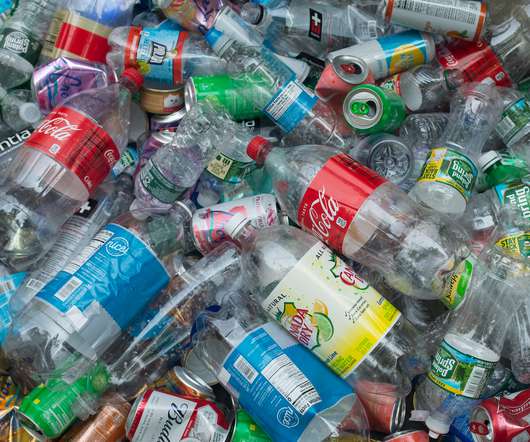
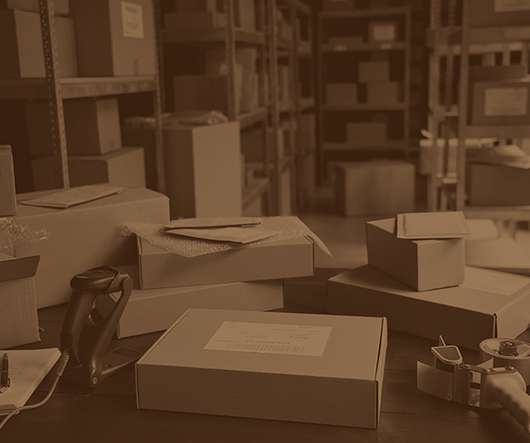
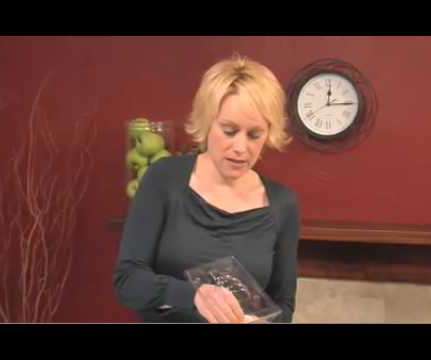
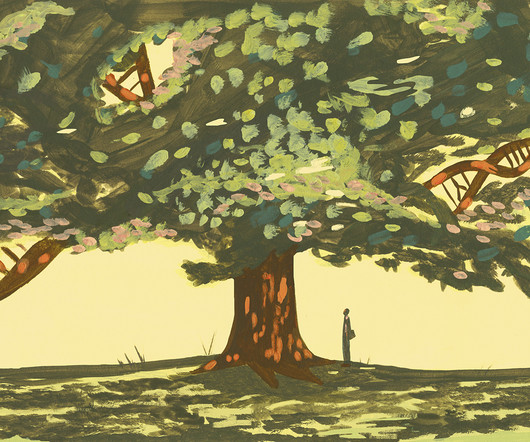
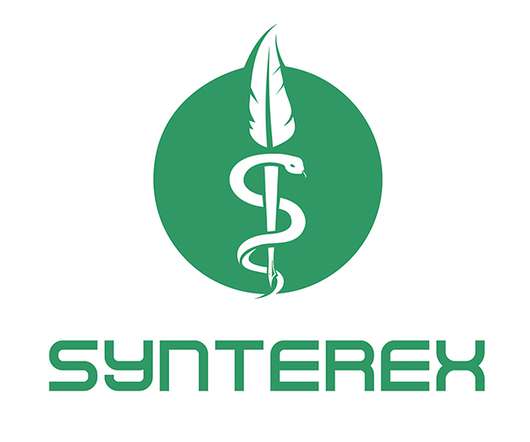
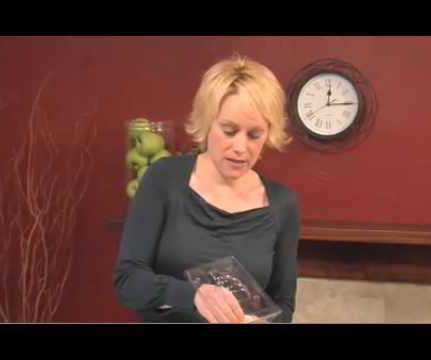

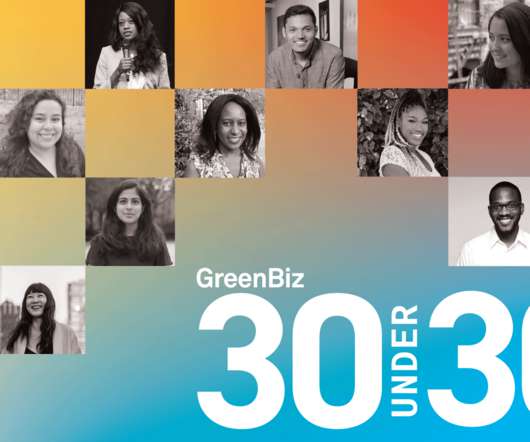








Let's personalize your content